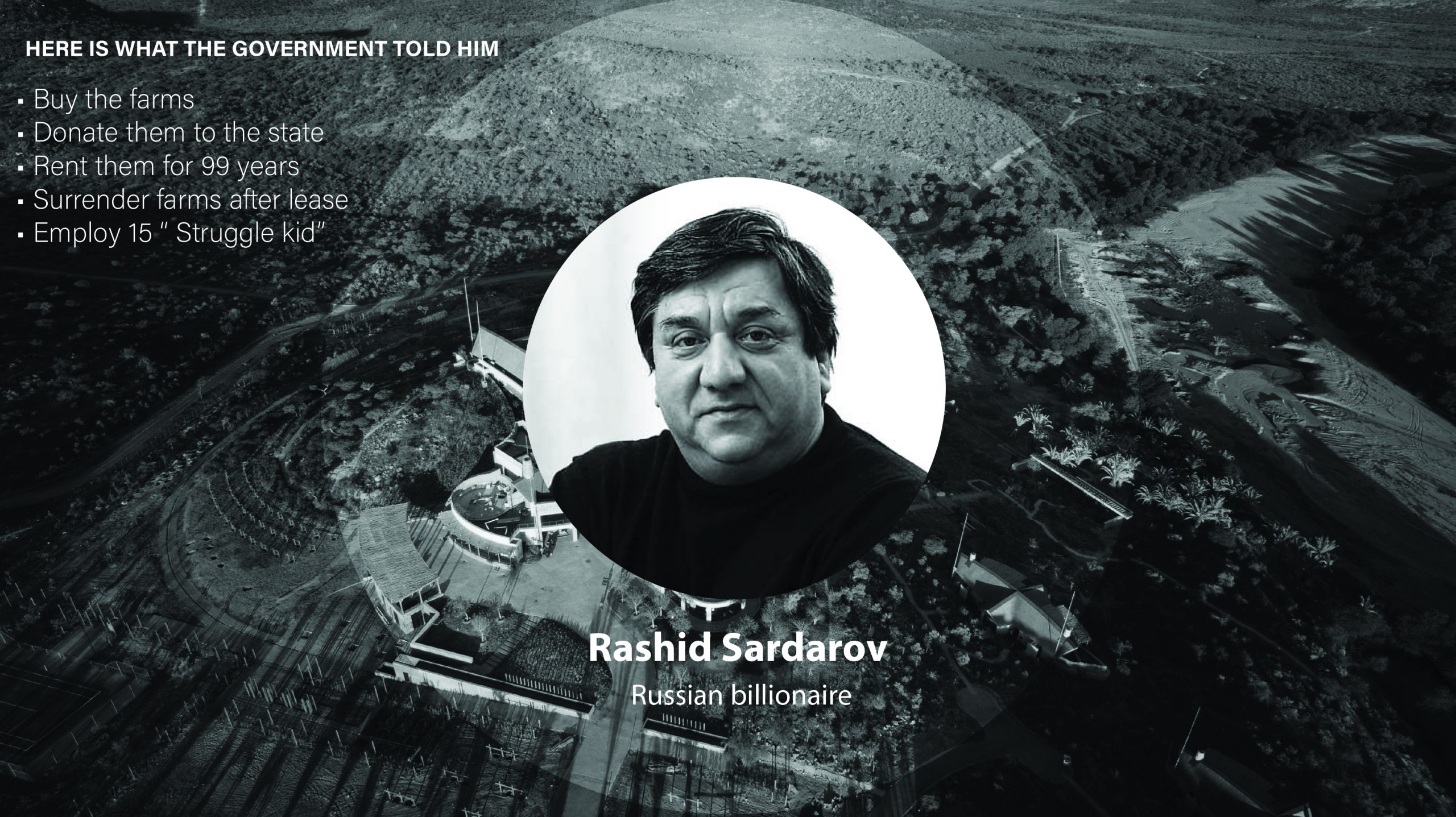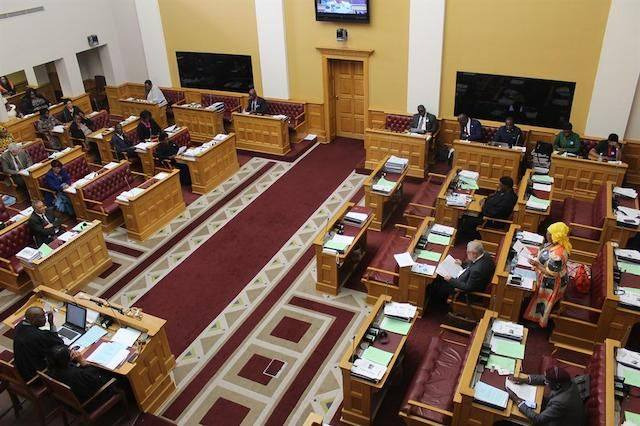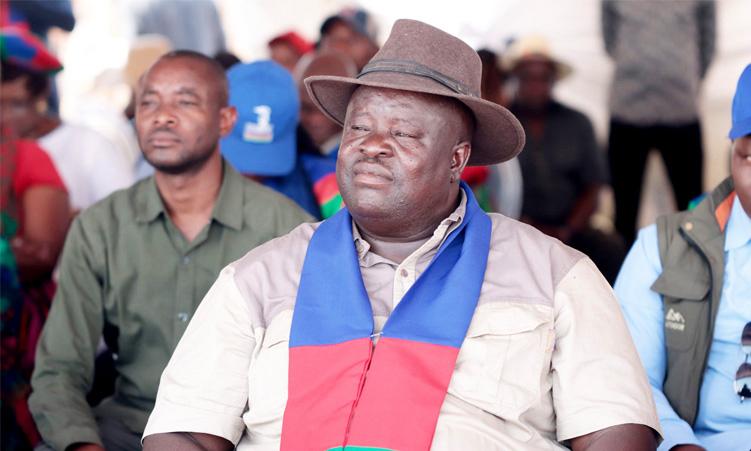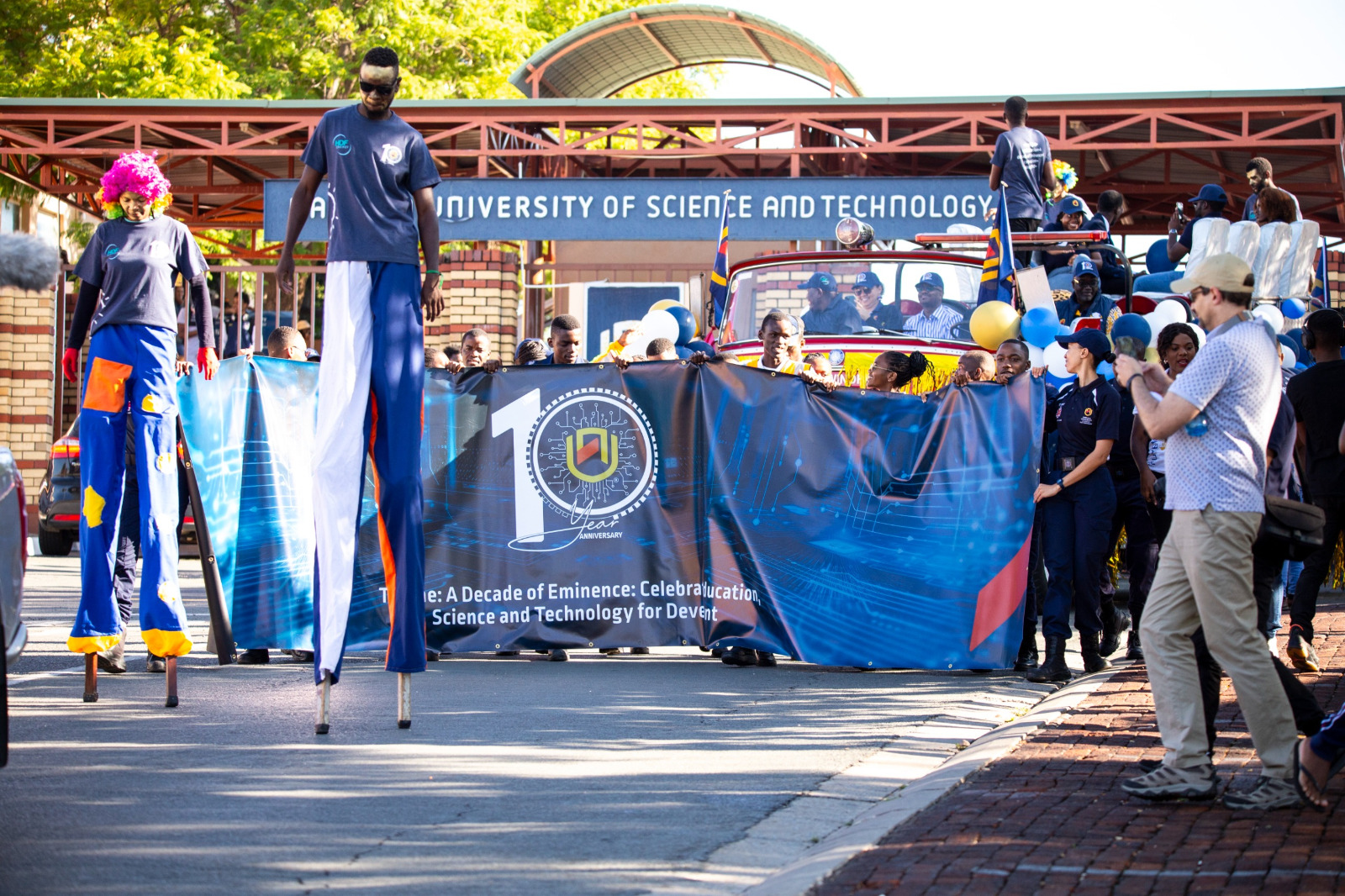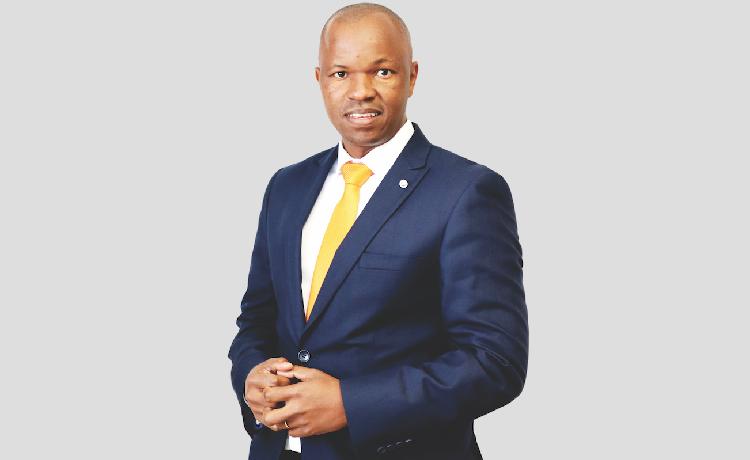RUSSIAN billionaire Rashid Sardarov bought four additional farms outside Windhoek for more than N$43 million, despite a public outcry about the sale of land to foreign absentee landlords.
Sardarov bought the farms measuring 17 000 hectares (equal to over 17 000 average football fields) on 28 September 2018, donated them to the state, and will now lease them from the government for 99 years.
The flamboyant businessman wrapped up this transaction about a week before national leaders met in Windhoek and complained about foreign ownership of land.
Sardarov bought the farms through his Switzerland-based company, Comsar Properties SA, to add to the 28 000 hectares he bought in 2013 at Dordabis, south-east of Windhoek.
Sardarov’;s Namibian lawyer, Sisa Namandje, confirmed to last week that the Russian bought the farms, but he transferred them to the government as part of the agreement with the state.
“Regrettably, Comsar SA’;s application and its proposals accompanying the application for it to purchase and acquire the concerned farms and develop them as its own properties were rejected by the minister of land reform,” he said.
The Russian approached the land reform ministry last November, offering a N$24 million donation to the state, in exchange for permission to buy the four farms from private owners.
Regulations state that the government has the first option to buy agricultural or commercial farms put up for sale by private individuals.
Land reform minister Utoni Nujoma rejected the N$24 million donation offer, and indicated that the government was not interested in buying the farms, paving the way for the Russian to snap them up since he was already in talks with the owners.
Nujoma, however, attached several conditions to the Russian buying the land.
According to Namandje, the minister agreed that Sardarov can buy the four farms from private owners, donate them to the state, and then lease them for 99 years and pay an annual rent to the government equal to land taxes paid by commercial farmers.
Namandje declined to disclose the cost of the farms, but the Republikein newspaper reported yesterday that the Russian bought the four farms for N$43 million.
The newspaper said the Russian businessman will pay N$160 000 (around N$13 000 a month) to rent the four farms from 2018 to 2019.
The sale of four farms to Sardarov – one of Russia’;s richest men – flies in the face of the public outcry about the sale of farms to foreign landlords.
Some people believe that Sardarov’;s farm deals pushed up the price of land at Dordabis after he paid over N$2 500 per hectare.
The transaction was finalised a few weeks before the national conference, where it was decided people should not own more than one farm, and that foreigners should not buy farms in Namibia. Sardarov has bought a total of seven farms since 2013, and is said to be renting another farm from an absentee Austrian landlord.
Namandje said the deal will benefit the state.
He insisted that all improvements to be made by Sardarov on the farms during the lease period, including hotels and other properties and infrastructure worth billions of dollars, will at the end of the lease be owned by the government. Sardarov’;s team sweetened the transaction by offering jobs to 15 ‘;children of the liberation struggle’;. The group will start working at the farm on or before 1 January 2019, the lawyer said.
Documents show that secretary to Cabinet George Simataa submitted to Namandje a list of 15 ‘;struggle kids’; on 10 October 2018, who were trained in agriculture at the Berg Aukas Youth Empowerment Skills Training Centre this year.
Simataa did not answer questions sent to him by yesterday about his selection criteria, but his letter said the 15 can start next month.
Namandje said these jobs are an addition to the current 60 people employed by the Russian.
In addition, Sardarov’;s company will build a tannery and employ people from nearby communities, depending on the available skills, he added.
According to the lawyer, the minister made the lease decision based on “massive developmental and economic benefits that would arise from and various employment opportunities to be created by Comsar SA’;s proposed businesses venture worth millions of Namibia dollars”.
Namandje said the Russian decided to rent the farms, despite the strict conditions.
“Comsar SA, while disappointed over the decision to refuse it consent to purchase and acquire the farms as its own, decided to lease [rent] the farms on such stringent conditions in the interest of the economic development of Namibia and the tourism sector,” he noted.
“Mechanisms should be put in place to speed up the expropriation without compensation of land belonging to absentee landlords,” he said.
Former president Hifikepunye Pohamba also called for the expropriation of commercial farms owned by foreigners and absentee landlords.
Ironically, Pohamba was head of state when former land reform minister Alpheus !Naruseb allowed Sardarov to buy three farms in 2013.
Stay informed with The Namibian – your source for credible journalism. Get in-depth reporting and opinions for
only N$85 a month. Invest in journalism, invest in democracy –
Subscribe Now!




